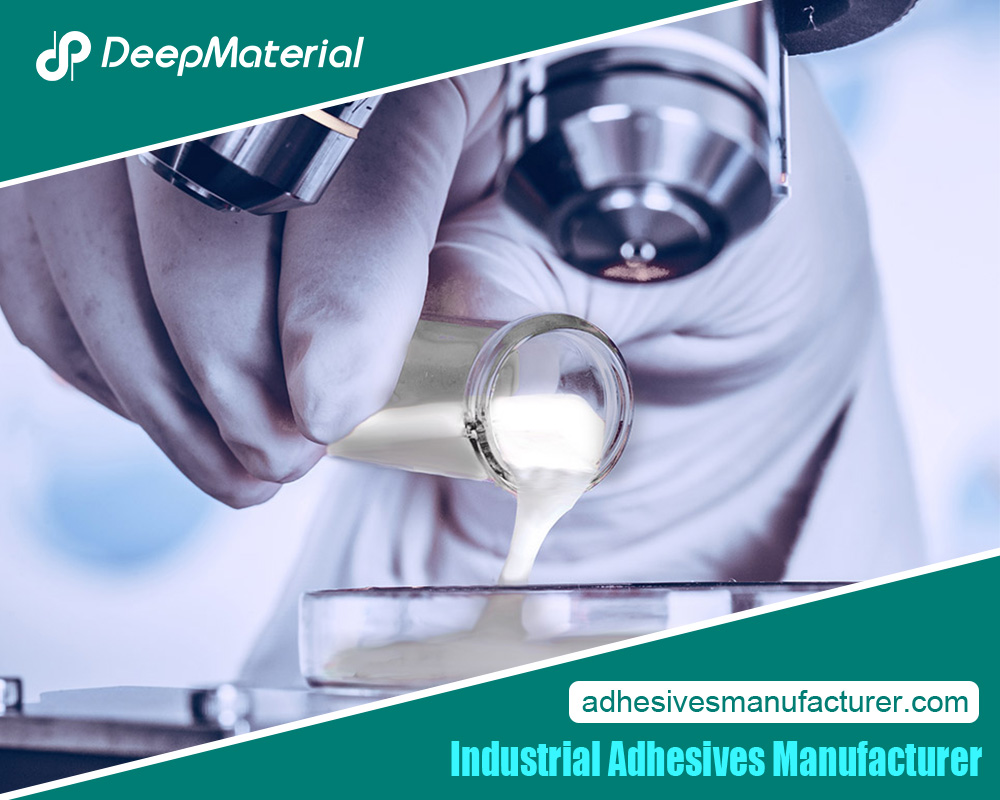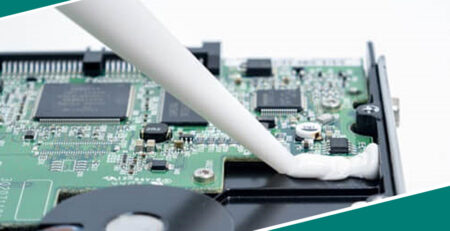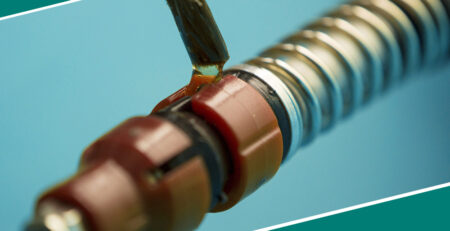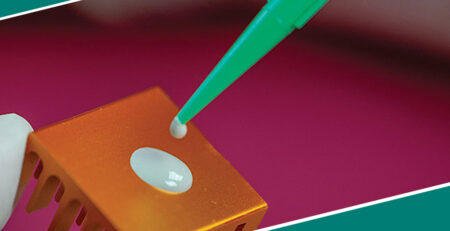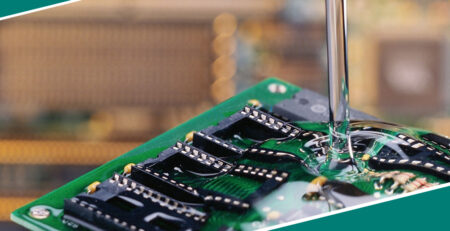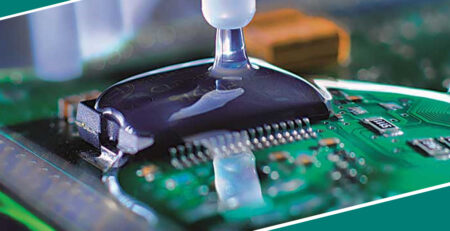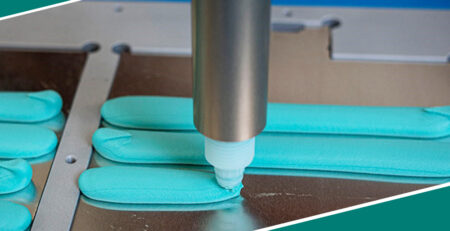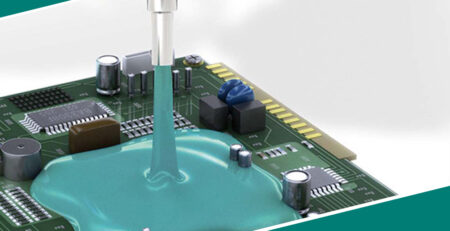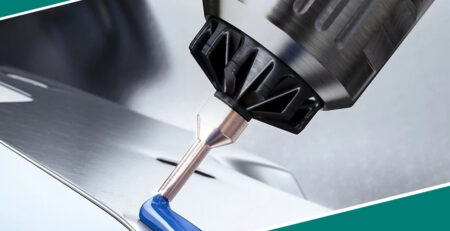The Role of Epoxy Adhesive Manufacturers in Electronics and Electrical Industries
The Role of Epoxy Adhesive Manufacturers in Electronics and Electrical Industries
Epoxy adhesives have carved out a crucial spot in today’s industrial world, particularly shining in electronics and electrical industries. Renowned for their formidable strength, durability, and versatility, these adhesives stand up to a variety of environmental challenges. As the thirst for electronic devices and components skyrockets, the role of epoxy adhesives becomes ever more critical.
These adhesives are a cocktail of two main ingredients: epoxy resin and a curing agent. When mixed, they undergo a chemical transformation, creating a robust, cross-linked polymer network. This curing process allows the adhesive to harden and forge a durable bond to whatever it’s applied. The stellar properties of epoxy adhesives—like top-notch strength, excellent thermal and electrical insulation, and resistance to nasty chemicals and environmental factors—make them indispensable in electronics and electrical sectors.
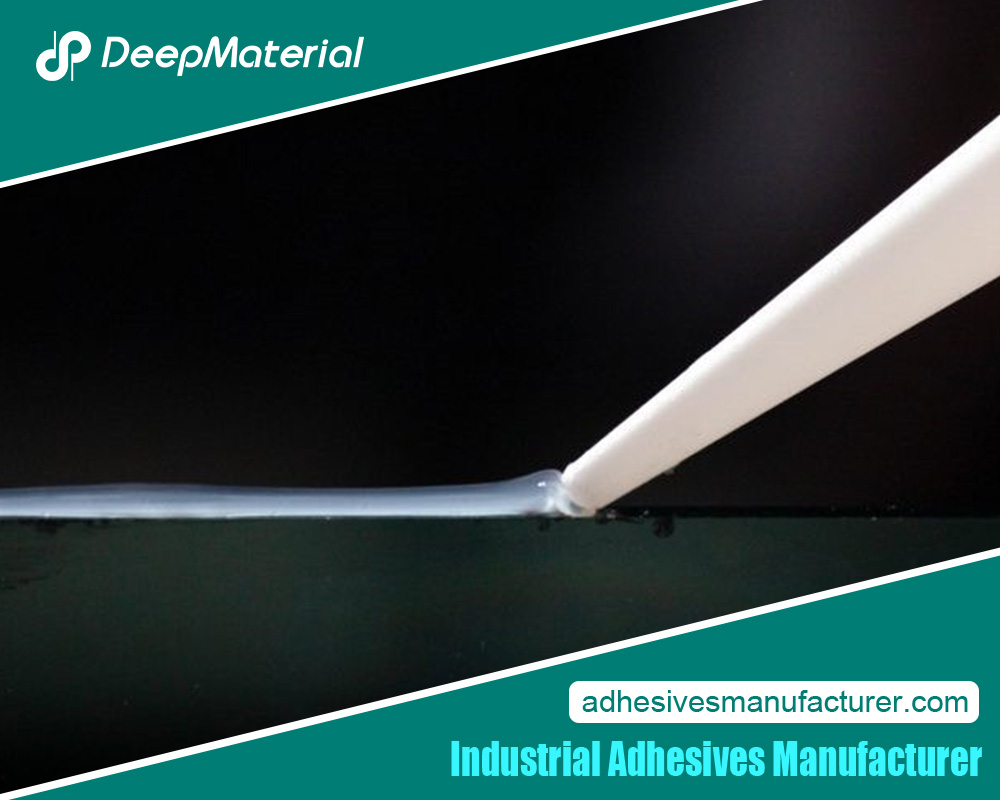 The Growing Demand for Epoxy Adhesives in Electronics
The Growing Demand for Epoxy Adhesives in Electronics
The electronics industry is booming, driven by our insatiable appetite for electronic devices and cutting-edge technology. As consumers and businesses alike embrace the digital age, the demand for reliable and efficient manufacturing processes has skyrocketed. This surge has pumped up the need for high-performance adhesives that tick all the boxes required by the electronics industry.
Epoxy adhesives have stepped up as a key player in the assembly and production of electronic devices and components. Their ability to create strong, durable, and long-lasting bonds has made them a favorite in the electronics arena. From putting together printed circuit boards to encapsulating delicate electronic components, epoxy adhesives ensure the structural integrity and reliability of electronic products.
As electronic devices become increasingly complex and miniaturized, the demand for epoxy adhesives is expected to explode. The need for improved performance and reliability is pushing manufacturers of epoxy adhesives to constantly innovate and develop new formulations that meet the evolving needs of the electronics industry.
Key Properties of Epoxy Adhesives for Electronics Applications
The success of epoxy adhesives in electronics is down to a unique set of properties that make them ideal for various applications. They offer incredible strength and durability, which is crucial for applications where bond integrity is paramount, like in the assembly of printed circuit boards or mounting electronic components to substrates.
Besides their brute strength, epoxy adhesives also boast impressive thermal and electrical insulation properties. This is crucial in electronics, where managing heat and electrical currents is key to the smooth operation of devices. Epoxy adhesives help insulate electronic components, guarding against short circuits and ensuring devices run reliably.
Moreover, these adhesives are tough cookies when it comes to resisting chemicals, moisture, and environmental factors like temperature swings and UV rays. This resilience is vital in the electronics industry, where devices often face harsh operating conditions. Epoxy adhesives’ ability to maintain their integrity and performance under these conditions helps ensure the longevity and reliability of electronic products.
Epoxy Adhesive Formulations for Electrical Components
The electronics and electrical industries need a broad range of epoxy adhesive formulations tailored to specific applications. Manufacturers must finely tune their products to meet the unique challenges and requirements of different applications, ensuring optimal performance.
Choosing the right epoxy adhesive for electrical components depends heavily on the specific application needs. For instance, adhesives used in assembling printed circuit boards might need different properties from those used for encapsulating sensitive electronic components. Epoxy adhesive manufacturers collaborate closely with electronics companies to pinpoint these needs and develop custom solutions that hit the mark.
In cases involving electrical components, the epoxy adhesive must provide solid insulation and protection against electrical interference. This might require special fillers or additives to boost the adhesive’s dielectric properties, ensuring it can effectively isolate and shield the electrical components. Depending on the device’s operating environment, the adhesive might also need to withstand high temperatures or exposure to harsh chemicals.
The collaboration between epoxy adhesive manufacturers and electronics companies is vital. Together, they identify key performance needs, test and validate the adhesive’s effectiveness, and ensure the end product meets the strict quality standards of the electronics industry. This team effort allows for ongoing improvement and refinement of epoxy adhesive solutions, keeping them at the cutting edge of technological advancements in the electronics and electrical industries.
Advancements in Epoxy Adhesive Technology
In the ever-zooming world of electronics and electrical industries, where tech evolves faster than a YouTube trend, epoxy adhesive manufacturers are constantly on their toes. They need to whip up new and improved formulations that can meet the changing demands of these high-tech sectors.
A hot topic in epoxy tech is advancing the chemistry of epoxy resins and curing agents. Scientists are on a quest to boost the performance characteristics of these adhesives. They’re all about cranking up their strength, thermal stability, and stickiness. Innovations include experimenting with new epoxy resins, tossing in specialized fillers and additives, and tweaking curing agent recipes to perfection.
But wait, there’s more! Manufacturers aren’t just geeking out on the chemistry. They’re also revamping their adhesives to set faster, which is a big deal for speeding up manufacturing processes and slashing those pesky production bottlenecks. Plus, they’re expanding the adhesives’ ability to bond with a broader range of materials, making them more versatile than ever in the electronics and electrical game.
This push for better adhesives isn’t a solo mission. It thrives on tight collaboration between epoxy manufacturers and the whiz kids in electronics. By rubbing elbows with electronic firms, adhesive manufacturers get the lowdown on what’s really needed in the trenches, allowing them to tailor solutions that hit the mark. This team effort ensures that epoxy adhesives stay sharp on the cutting edge, ready to meet the high stakes of modern electronics manufacturing.
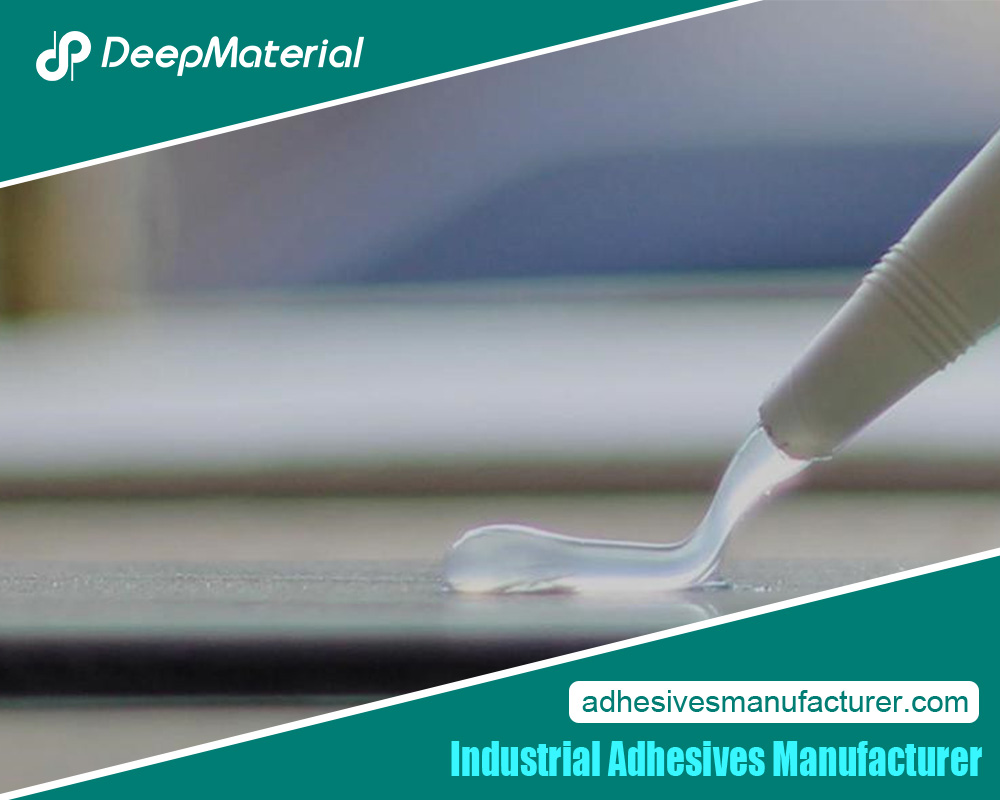 The Future of Epoxy Adhesives in the Electronics Industry
The Future of Epoxy Adhesives in the Electronics Industry
As the electronics and electrical industries keep racing ahead, the need for top-notch adhesives is tagging right along, expected to skyrocket. Epoxy adhesive manufacturers are gearing up for an exciting ride, as their sticky concoctions are proving indispensable in piecing together a plethora of electronic gadgets and components.
Why all the buzz about epoxy adhesives in electronics? Well, a few factors are fanning the flames of this growing demand. First, our hunger for new electronic devices isn’t waning—it’s actually ramping up. Add to that the relentless drive to shrink electronic components down to nearly microscopic sizes, plus the ever-present quest for devices that last longer and perform better. All these trends are making epoxy adhesives more crucial than ever.
As electronics makers hustle to keep pace with consumer and business needs, they’re turning to the wizards of adhesive technology for innovative and tailored solutions. This surge in demand means epoxy adhesives are set to stick around, becoming more pivotal in the assembly lines of tomorrow’s tech gadgets. So, strap in—epoxy adhesives are not just sticking things together; they’re setting the stage for the future of electronics, one bond at a time!
For more about the role of epoxy adhesive manufacturers in electronics and electrical industries, you can pay a visit to Deepmaterial at https://www.adhesivesmanufacturer.com/ for more info.

